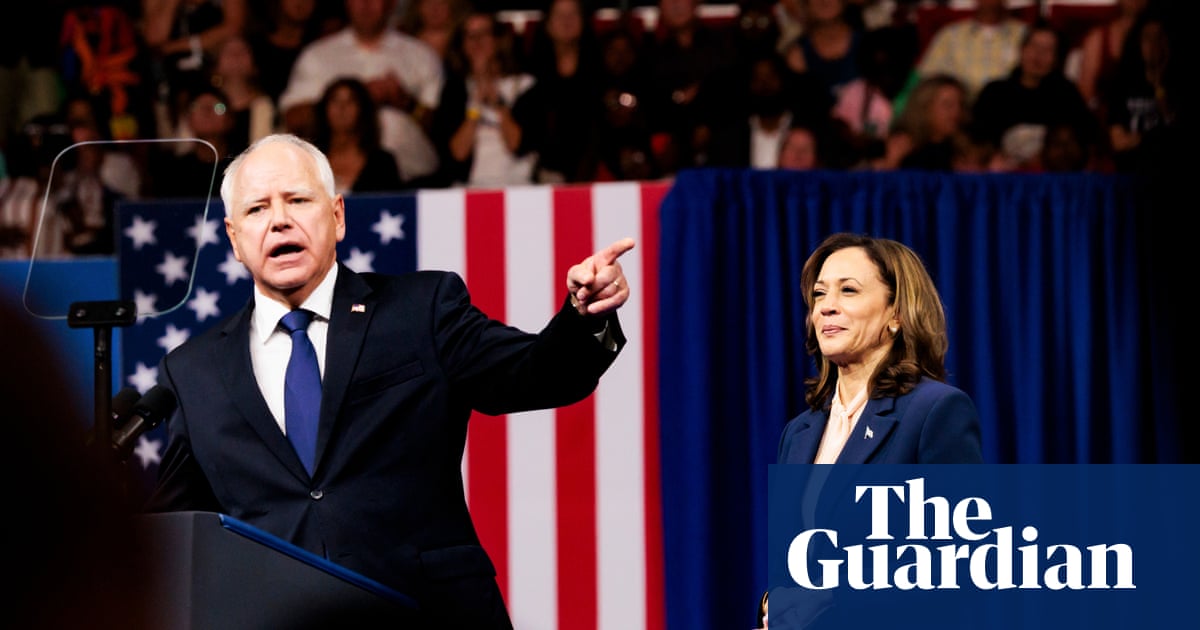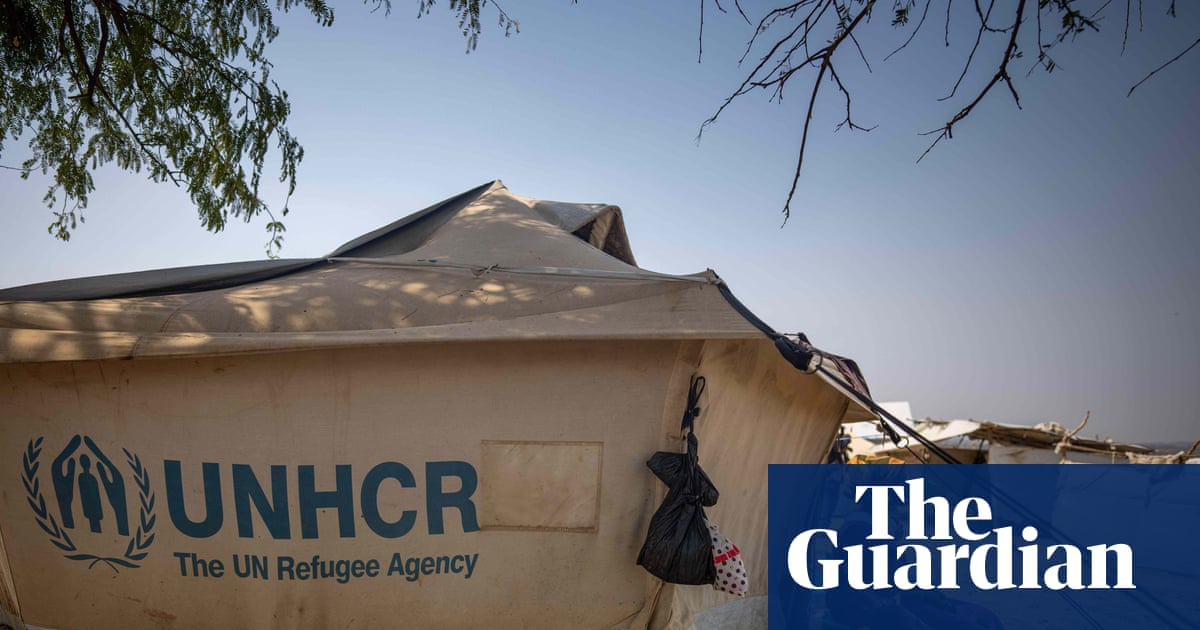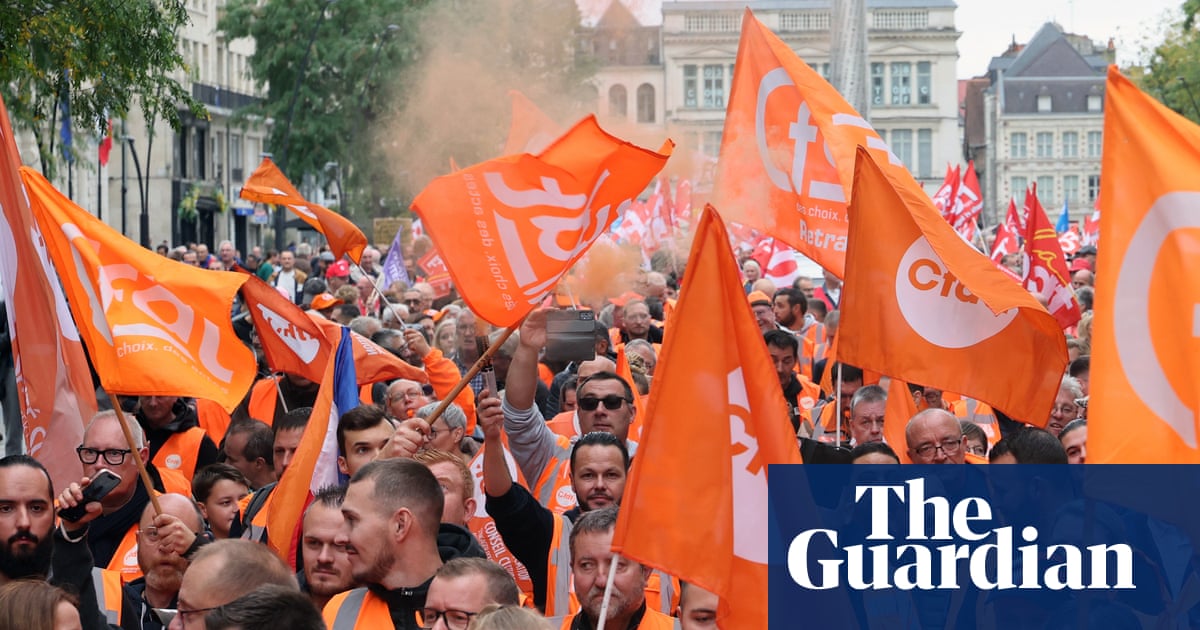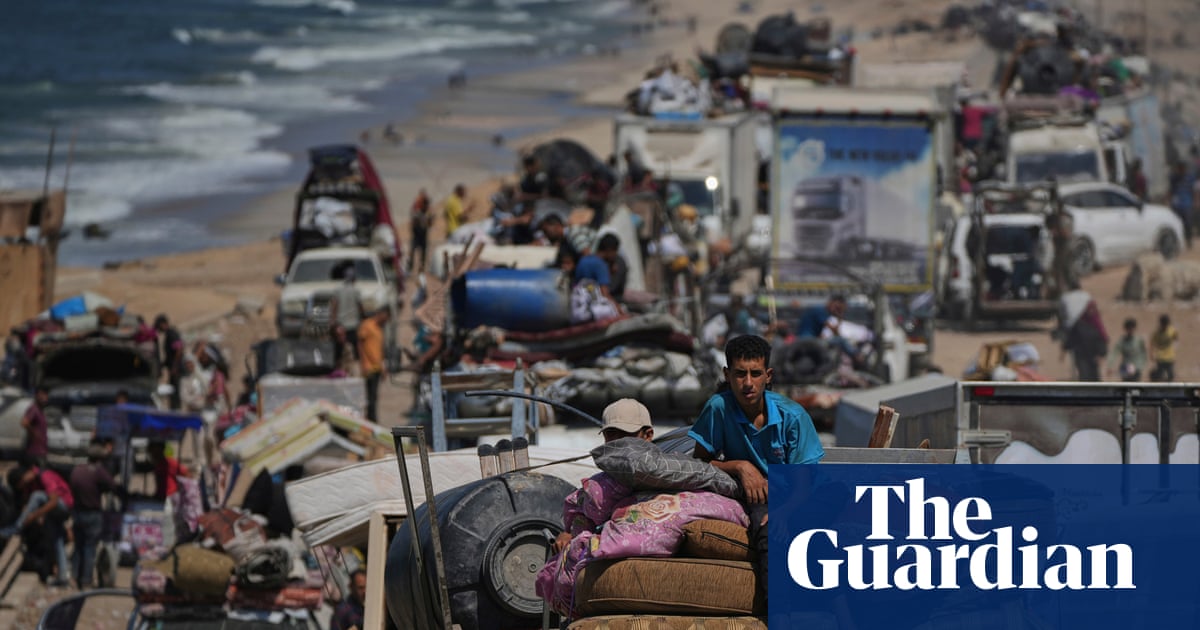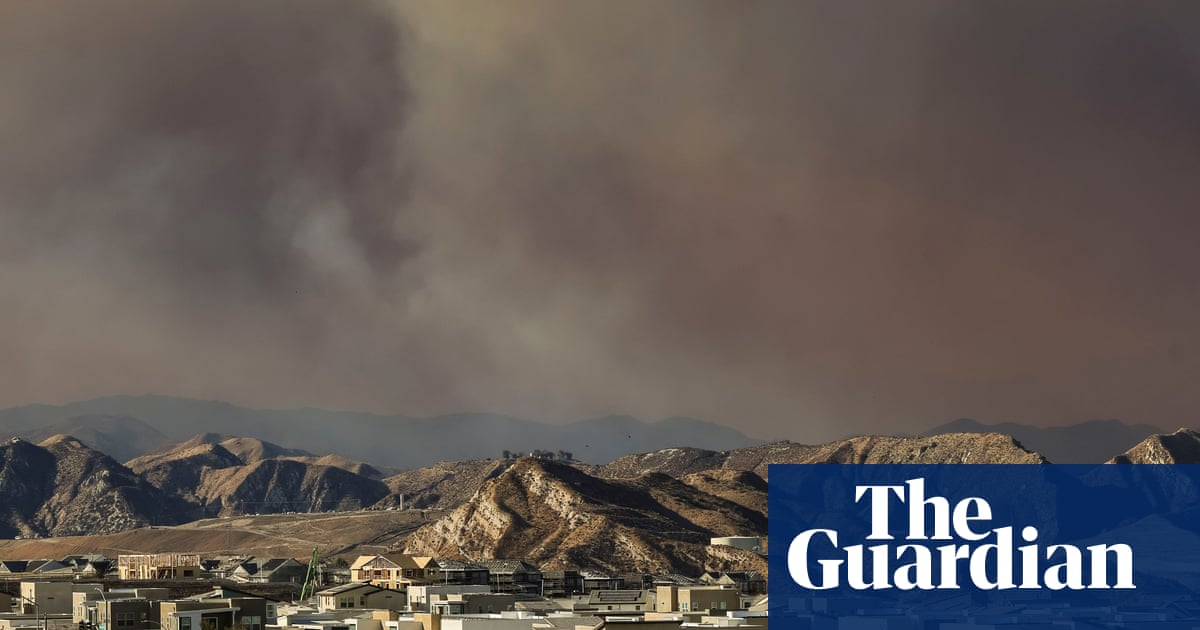This time Thames Water really is drinking in the last chance saloon
Call yourself barbarians at the gate? Actually, KKR hates the decades-old description, but the US private equity firm is still meant to have a fearsome reputation for doing its homework, being a cute judge of political risks and going where others fear to tread. All of which makes its eleventh-hour abandonment of its £4bn bid for Thames Water very odd.
The suggestion is that the big bosses in New York couldn’t stomach the political and reputational risks of owning the UK’s largest and most crisis-ridden water company. If that’s the reasoning, though, KKR should explain itself. The political risks aren’t obviously worse than six months ago – and arguably are lesser now that the government’s water commissioner, Sir Jon Cunliffe, is talking aloud about “how to restore the stability and predictability of the regulatory system” in his interim report published co-incidentally on Tuesday. Thames’s reputation is still in the gutter, but that’s not fresh news.
The government, too, seems to have been as keen as mustard on KKR. But, as the US firm should know, there are still limits on how many soft promises can be made, and how far the regulatory regime can be bent out of shape ahead of Cunliffe’s final report. And, if you can’t handle the odd political spat over executive bonuses, the UK water industry was probably never the place for you.
KKR was not an unproblematic rescuer, as argued here previously, but, in two important ways, it is a shame it has scarpered. First, KKR was a grown-up international name in infrastructure and was imagining a 10-year commitment to Thames before listing it on the stock market, a good end-point. Second, Thames’s fall-back plan – a recapitalisation led by the bondholders – is messy.
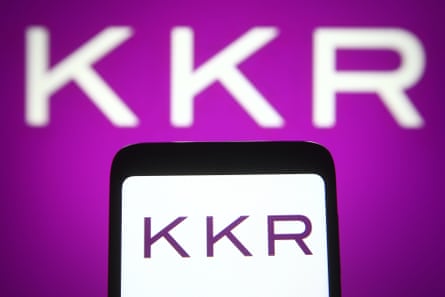
There are 100 financial institutions in the creditor group owed £13bn collectively. They are all, apparently, aligned in support of a version of a debt-for-equity proposal, but the sheer number of firms involved can only add complexity. The exercise may not be quite like herding cats, but at least there was only one KKR.
Nor, to put it mildly, do all 100 members of the creditor group fit Cunliffe’s description of the preferred type of shareholder for water companies: those who seek “low risk, low returns”, such as pension funds, for the very good reason that treating sewage and supplying drinking water is not meant to be exciting.
Silver Point Capital is a US hedge fund that describes itself as “a leader in global credit investing”. In other words, debt, not equity, is its game. Fellow US hedgie Elliott is a jack of all trades, but note its un-Cunliffe description of its thrill-seeking style when owning equity – “positions with a high asymmetry of reward to risk” and “a high degree of optionality.”
Others in the creditor group will be debt-only funds that aren’t allowed to own equity. Maybe the coalition will hold out of fear that special administration, AKA temporary nationalisation, would mean a worse outcome for all. But plan B is plainly sub-optimal. There were good reasons why KKR was selected as “preferred bidder”.
An open question, though, is why Thames’s board, from a field of six, selected only KKR. An obvious alternative would have been CK Infrastructure, which owns 75% of Northumbrian Water. The need for speed and exclusivity apparently trumped everything, but that now looks a poor call. If it really is too late to summon CKI back, it is only the creditor group’s proposal that is standing in the way of special administration. It may feel like Thames has been drinking in the last-chance saloon for about two years, but this time it genuinely is.
From the government’s point of view, a good outcome at this point may be one in which the creditors shuffle the pack among themselves, with cuddlier names such as Aberdeen emerging as core would-be shareholders and the debt opportunists relegated to minor roles. That could be a workable fudge for a while. But the position is now properly unstable. A lot of time has been wasted on KKR’s non-bid. Special administration, the outcome the government has desperately been trying to avoid, is a real possibility.

 3 months ago
140
3 months ago
140
